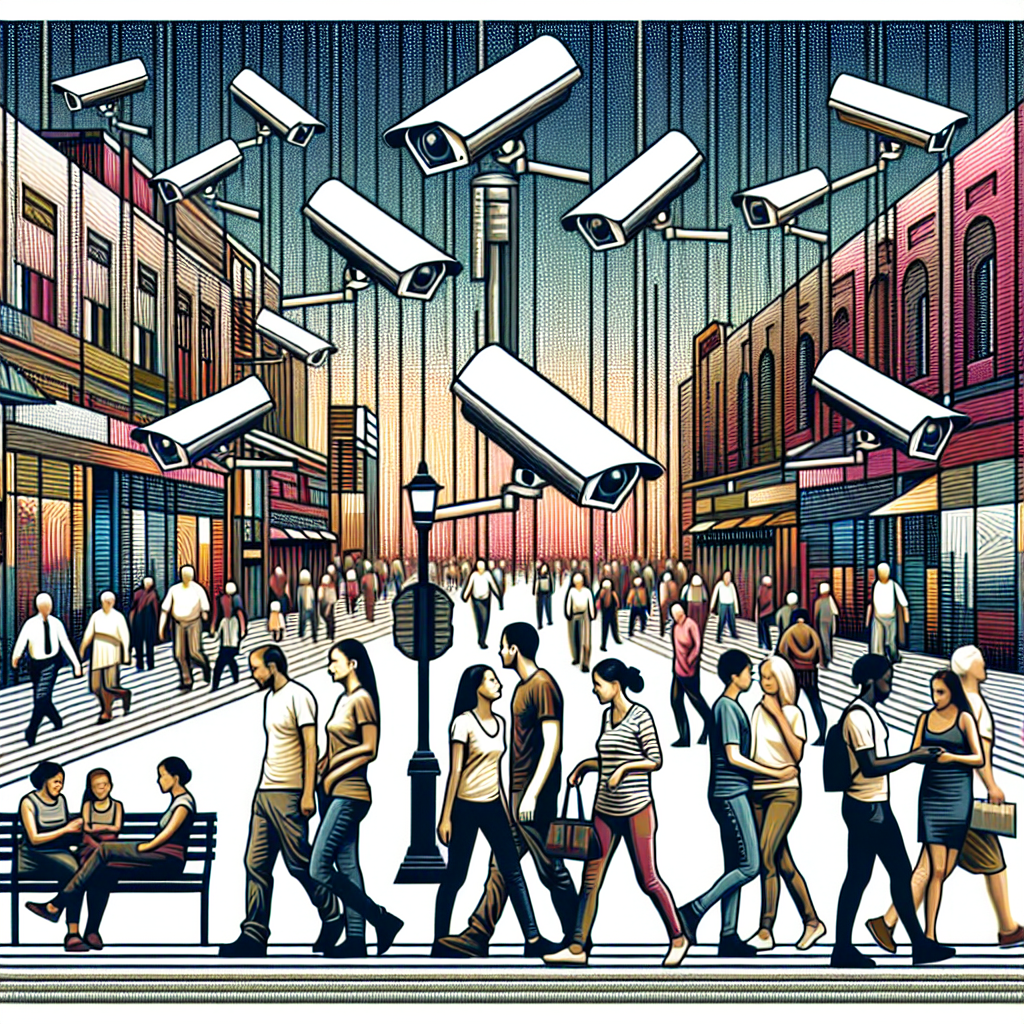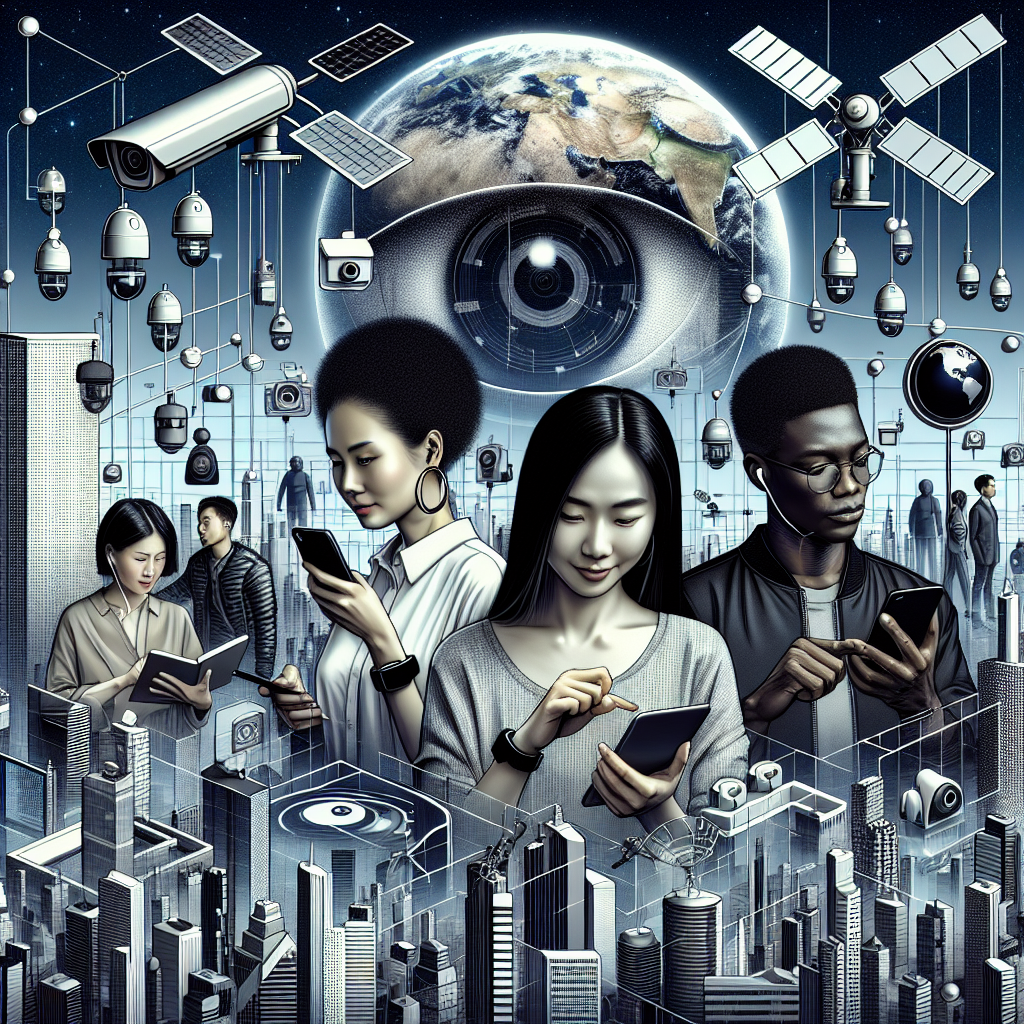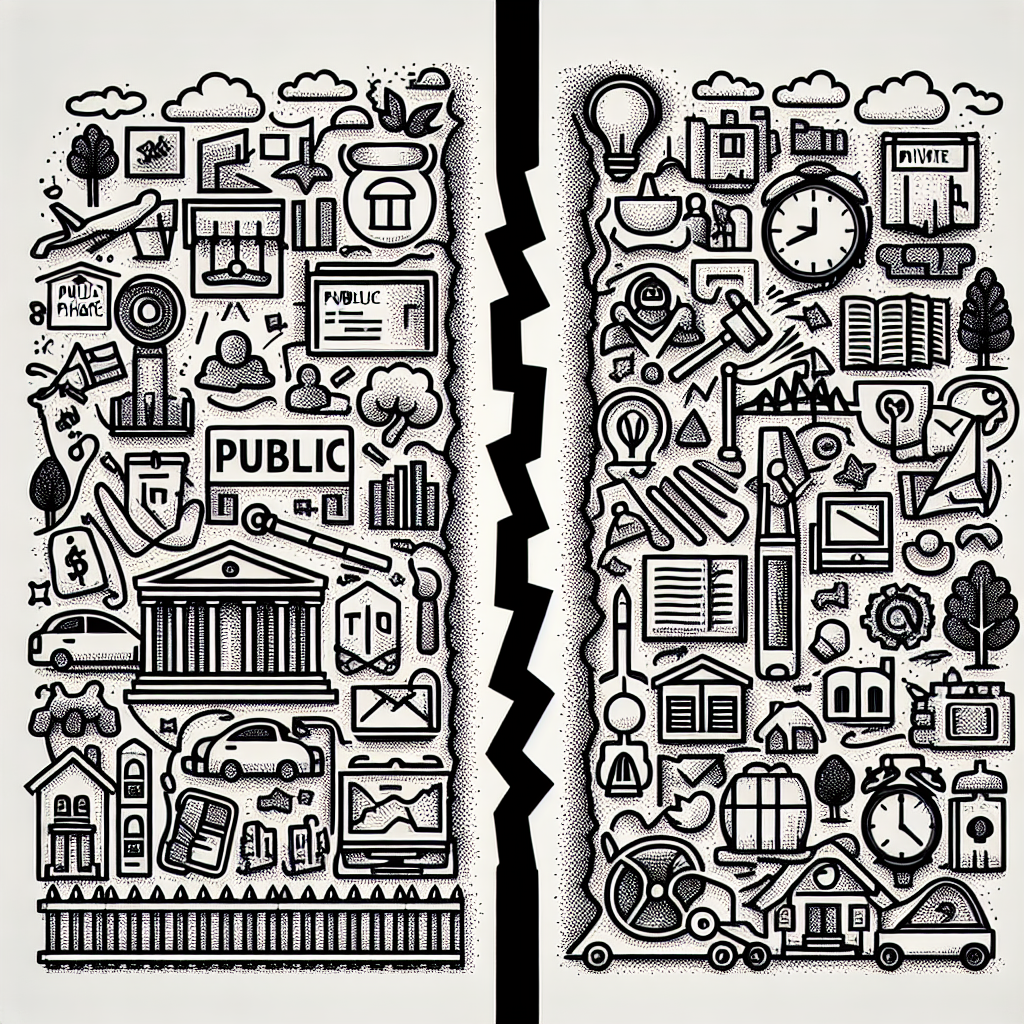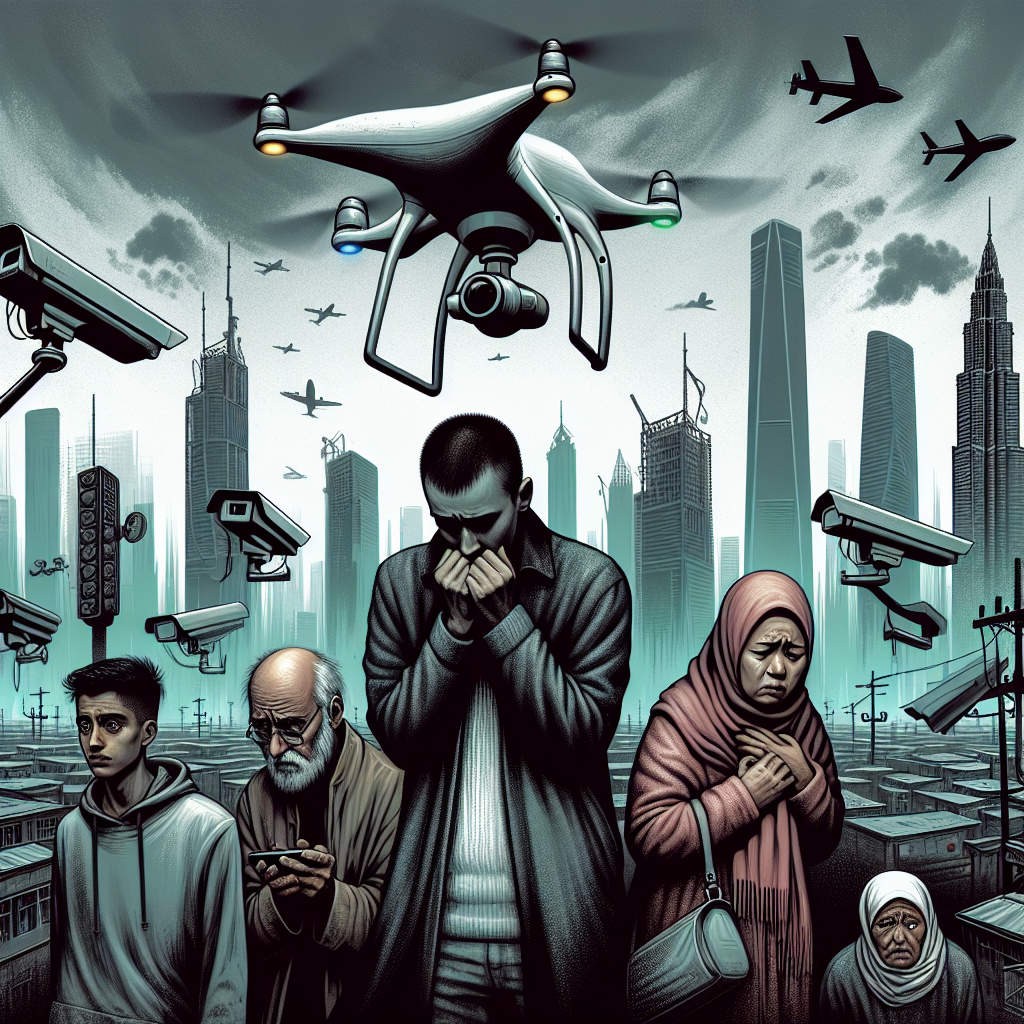The Rise of a New World Order: Shaping Global Power Dynamics
Understanding the Concept of a New World Order
The term “New World Order” (NWO) refers to a significant shift in political and economic power on a global scale. Traditionally associated with post-World War II geopolitics, this concept became a focal point in discussions about evolving ideologies and the balance of power among nations. The ideology suggests a cooperative world system that contrasts sharply with the historical norm of conflict-laden relations.
Historical Context
The most notable instance of the term’s usage came after the Cold War, when many anticipated an era of unprecedented global cooperation led by the United States. After the collapse of the Soviet Union, the U.S. perceived itself as the sole superpower, which initiated discussions about liberal democracy, free markets, and international alliances. However, this linear progression towards a unipolar world has faced rigorous challenges over the decades.
Factors Influencing the New Dynamics
-
Geopolitical Power Shifts
Russia and China have increasingly asserted themselves as significant players on the world stage, challenging U.S. dominance. China’s Belt and Road Initiative and Russia’s assertive foreign policy have contributed to a multipolar world where power dynamics are more diffuse than ever. Nations like India and Brazil are also vying for a more pronounced role in international discourse, making the global power landscape more intricate.
-
Economic Interdependence
Globalization has transformed economies into globally interconnected systems. While this interdependence fosters collaboration, it also exposes nations to vulnerabilities, demonstrating how events in one region can rapidly impact the global economy. This duality is evident in supply chain disruptions and trade wars, compelling nations to reassess their dependencies and establish new alliances.
-
Technological Innovations
Technological advancements, especially in information and communication, have revolutionized power dynamics. Cyber warfare, artificial intelligence, and digital currencies are emerging as new battlegrounds for influence. State and non-state actors are equally equipped to leverage technology for strategic advantage, redefining traditional concepts of power.
-
Social Movements and Ideological Shifts
The rise of populism, nationalism, and social movements across various nations has reshaped political landscapes. Grassroots movements advocating for social justice, climate change action, and anti-globalization sentiments challenge existing power structures and create new alliances based on shared values.
Regional Perspectives on Global Power
-
Asia-Pacific Dynamics
The Asia-Pacific region has garnered attention as a new epicenter of global economic growth and geopolitical tension. The U.S. and its allies focus on countering China’s military assertiveness in the South China Sea. Meanwhile, nations like Australia and Japan are strengthening security partnerships to bolster collective defense mechanisms.
-
European Union’s Role
The European Union remains a significant player in shaping global policies around trade, human rights, and climate change. However, internal divisions—stemming from differing national interests—pose challenges to a cohesive foreign policy. The EU’s response to Russia’s aggressions, especially regarding Ukraine, showcases its potential as a unifying force, albeit not without hurdles.
-
Middle Eastern Complexities
The Middle East has become a multifaceted theater where various global powers vie for influence. The intersection of energy resources, sectarian divisions, and external interventions complicates regional stability. The normalization of ties between Israel and several Arab states reflects shifting alliances that could redefine geopolitical strategies in the region.
-
Africa’s Emerging Significance
Africa’s rapid population growth and untapped resources present both challenges and opportunities. The continent is increasingly being courted by global powers, including China and the U.S., in a scramble for economic partnerships. As African nations pursue independence from historical colonial dynamics, they are developing a unique identity within the global order.
Climate Change and Its Implications for Global Order
Climate change transcends national boundaries and requires cooperative global action. The Paris Agreement represents a step towards a concerted global effort, but the differing levels of commitment and capacity among countries highlight the complexities involved. As nations grapple with the impacts of climate change—from resource scarcity to migration—the debate about equitable responsibility continues to shape international relations.
The Role of International Institutions
International institutions such as the United Nations, World Trade Organization, and International Monetary Fund play a pivotal role in mediating global power relations. However, they face criticism for perceived inefficiencies and bias, particularly against developing nations. As geopolitical power shifts, the effectiveness of these institutions in adapting to new realities will be crucial for maintaining global stability.
Future Considerations for Global Governance
-
Adapting to Multipolarity
The rise of a multipolar world order necessitates a re-examination of global governance. New coalitions and partnerships may emerge to address shared challenges, but the risk of fragmentation also looms as nations prioritize national interests over collective action.
-
Navigating Cybersecurity Challenges
As cyber threats proliferate, the need for comprehensive international frameworks to manage cybersecurity is imperative. Cooperation in establishing norms and resolving conflicts in the cyber domain will become increasingly critical to safeguarding national and international interests.
-
Human Rights and Social Justice Advocacy
The promotion of human rights and social justice continues to influence global power dynamics. Nations that disregard human rights may face international backlash, impacting their standing in negotiations and alliances. The expectation of accountability will shape future diplomatic relations.
Conclusion
The rise of a new world order characterized by evolving global power dynamics represents a pivotal moment in history. As nations navigate this landscape, the interplay of economic factors, technology, ideology, and international frameworks will profoundly influence the future of global governance and cooperation. Envisioning a more stable, collaborative world requires addressing challenges while fostering inclusive dialogues among diverse nations.













Leave a Reply